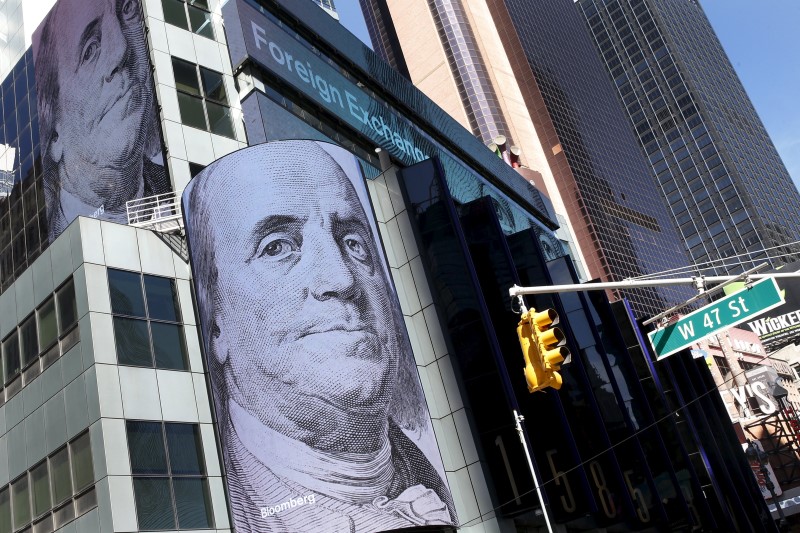(Bloomberg) -- Sweden’s central bank said it may yet need to cut interest rates below zero as policy makers agree that the crisis triggered by Covid-19 calls for extraordinary support measures.
The bank decided to leave its main rate at zero, as expected by most economists. “However, this does not rule out the possibility of the interest rate being cut at a later date if this is deemed an effective measure to stimulate demand and support the development of inflation in the recovery phase,” it said on Tuesday.
“Although future economic developments are extremely uncertain, everything nevertheless indicates that monetary policy stimulus will be needed in the form of low interest rates and a large amount of liquidity for the foreseeable future. The combination of measures deemed appropriate is constantly evaluated and will be adjusted to economic developments,” the Riksbank said.
Governor Stefan Ingves has repeatedly downplayed the need to return to negative rates after bringing five years of the policy to an end in December. Instead, the world’s oldest central bank has dramatically expanded an existing bond-purchase program and created cheap bank loans to prevent a credit crunch.
The Riksbank’s reluctance to follow the deep rate cuts delivered by its peers has fed into a global debate on the best policy response to the current crisis.
On Tuesday, the Riksbank said it will also continue purchases of government and mortgage bonds up to the end of September 2020.
Sweden already stands out for its overall approach to Covid-19, which has been more relaxed than in other countries. Though its death rate is now higher than elsewhere in Scandinavia, it’s well below levels in the U.K. and Italy, both in absolute and relative terms. What’s more, Sweden’s decision to avoid a total lockdown may shield its economy from the devastating fallout others now face, according to HSBC.
